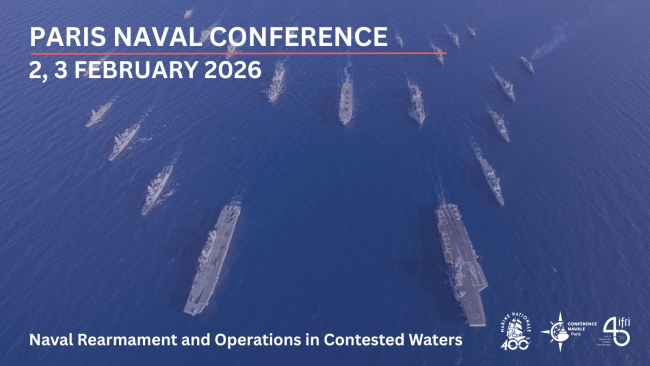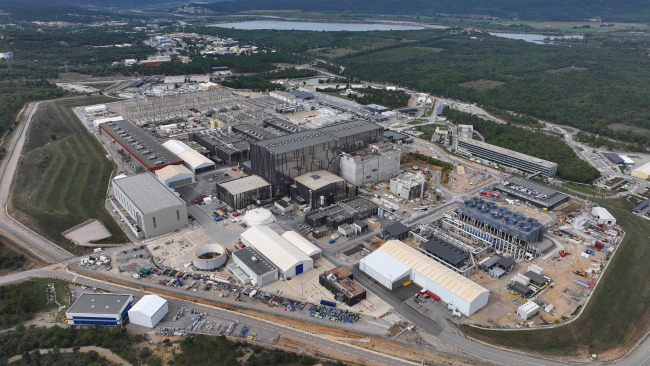
Practical information
A conference co-organised by the Asian Development Bank (ADB), the Agence Française de Développement (AFD) and the Centre asie ifri on the occasion of the publication of the last report of the ADB 'Asian Development Outlook 2006'. With the interventions of Dr. Frank Harrigan, Assistant Chief Economist, ADB and Pierre Jacquet, Chief Economist and Executive Director for Strategy, AFD, and chaired by Valérie Niquet, Director, Centre asie ifri.
Asia and the Pacific -are home to many of the world's most dynamic economies. how will they perform in 2006? What are the issues that will impact growth in Asia? How can the countries of Asia maximise their growth and development? These are some of the issues discussed in Asia Development Outlook 2006 (ADO 2006), the Asian Development Bank's flagship economic publication.
The annual Asian Development Outlook provides a comprehensive economic analysis of 42 economies in developing Asia and the Pacific. On the basis of the Asian Development Bank's unique knowledge of the region, the edition overviews aggregate trends and medium-term prospects by sub-region: East Asia, Southeast Asia, South Asia, Central Asia, and the Pacific, in the context of global economic movements.
A special chapter of ADO 2006 will examine the future of trade in Asia. In recent years, technological change, markets and the private sector, particularly mutinational firms, have been crucial in deepening economic integration in Asia and driving trade. But now a proliferation of "free trade arrangements" is creating a "noodle bowl" of deals that criss-crosses regions. A proliferation of bilateral agreements that descriminate against third parties and that require convoluted and costly implementation rules have the potential to divert trade and to polarize opportunities, with the smallest, poorest countries losing out. Recognizing that global free trade is an ideal but possibly unrealistic ambition, the chapter asks what developing Asia can do to position itself to maximise the future benefits of trade.
The Conference will be held in English.
Other events

Paris Naval Conference 2026: Naval Rearmament and Operations in Contested Waters
This fourth edition of the Paris Naval Conference (CNP), bringing together high-level military, industrial, and academic speakers, will address the challenges associated with general naval rearmament and naval operations in increasingly contested environments.

Is Fusion Coming Faster and Cheaper than Expected?
ITER was for long time the embodiment of fusion as an international, long standing R&D cooperation objective to seek a new way to produce safe, low carbon and abundant low carbon electricity. Yet over past years, fusion start ups, several governments and investors have decided to push fusion R&D and deployment to complement ITER. Major efforts are ongoing notably in the United States, China, Germany, Italy.

EV Supply Chains for Japan and Europe: Strengthening Economic Security
Economic security aims to ensure the resilience of supply chains for key industries: the case of electric vehicle production in Japan and Europe will be discussed.







